Framing Effect In Psychology

The framing effect in psychology refers to the bias where people react differently to a particular decision depending on how it's presented, or "framed", emphasizing either the positive (gain) or negative (loss) aspects. The same information, when framed differently, can alter people's responses.

Framing effect examples - Nudging Financial Behaviour
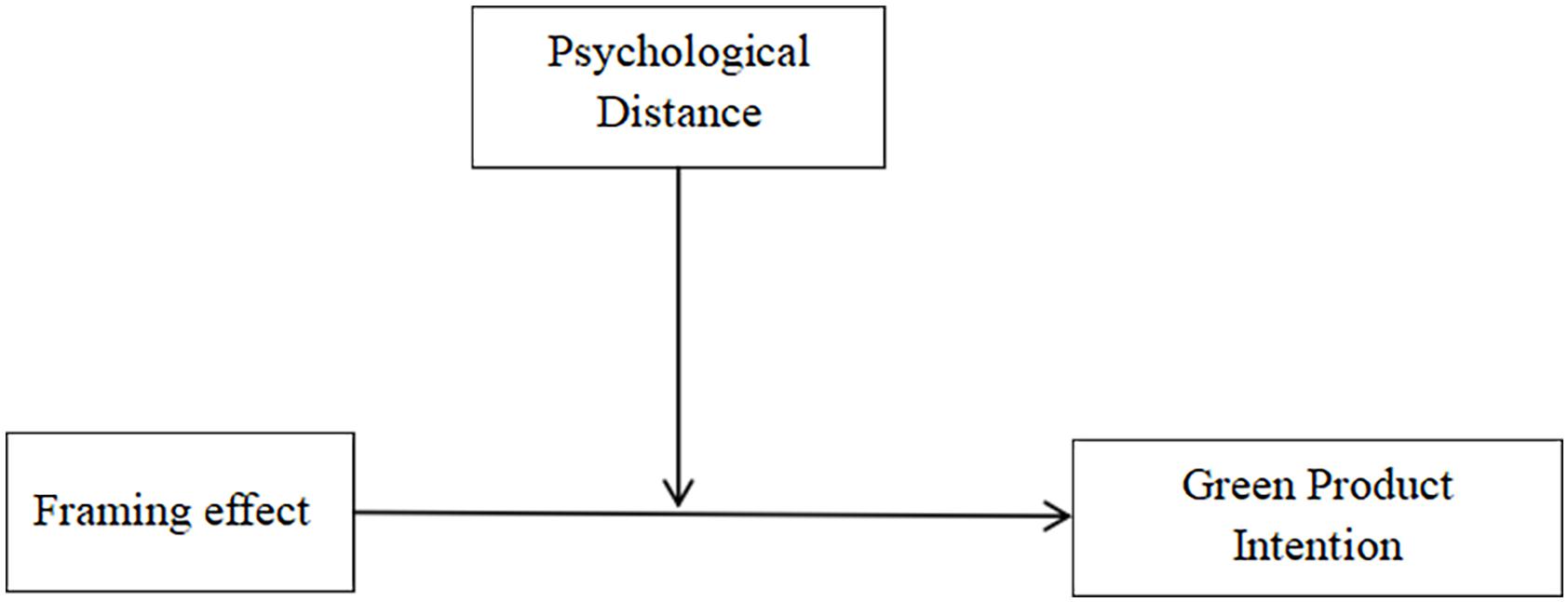
Frontiers Good News or Bad News? How Message Framing Influences

What Is Framing Psychology?

Frames, Framing Effects, & Reframing

Framing Effect: Why context affects decisions

The Framing Effect In Psychology: Definition & Examples
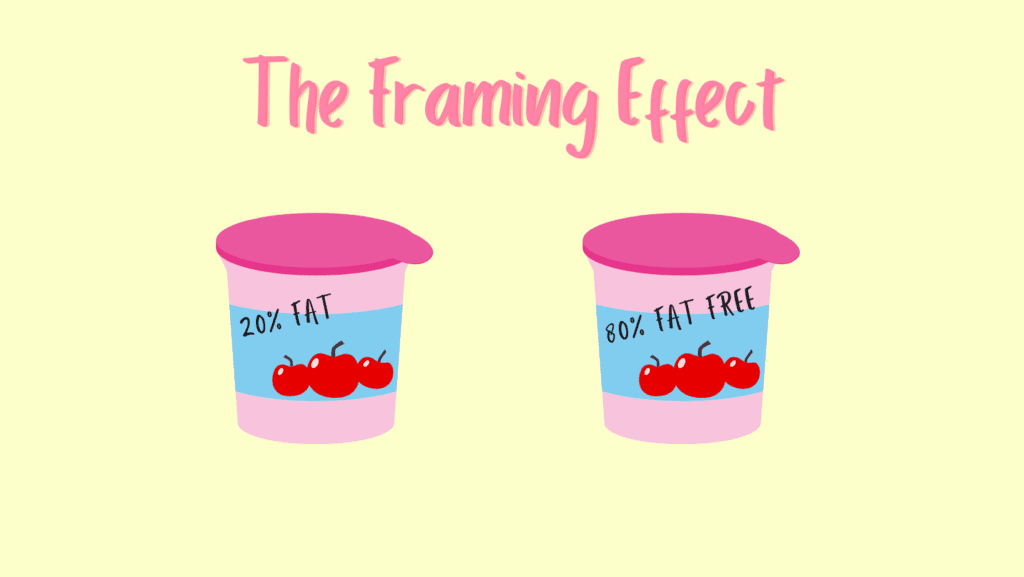
Bunker Logic and Reason Lessons: The FRAMING EFFECT
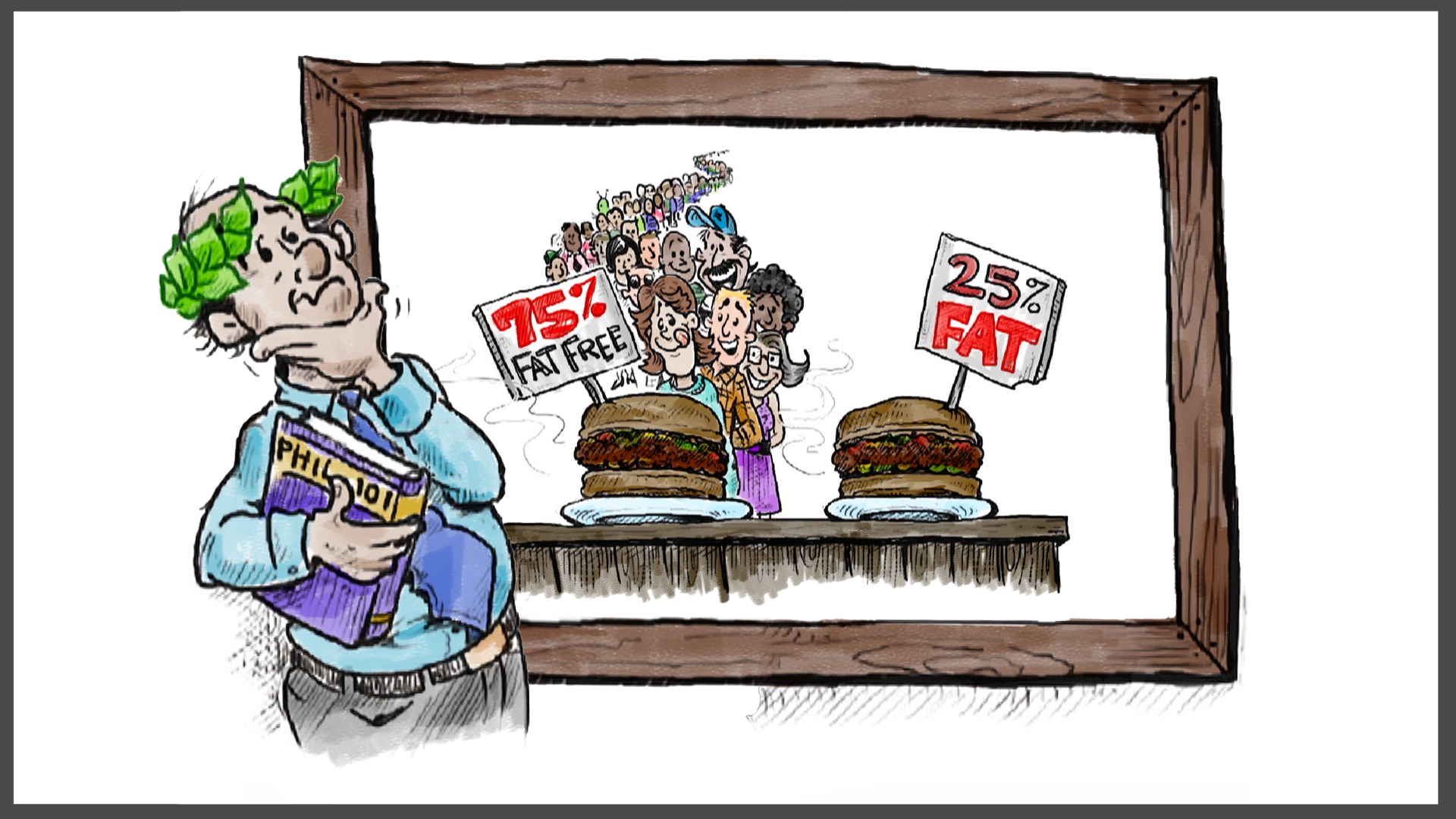
Framing - Ethics Unwrapped
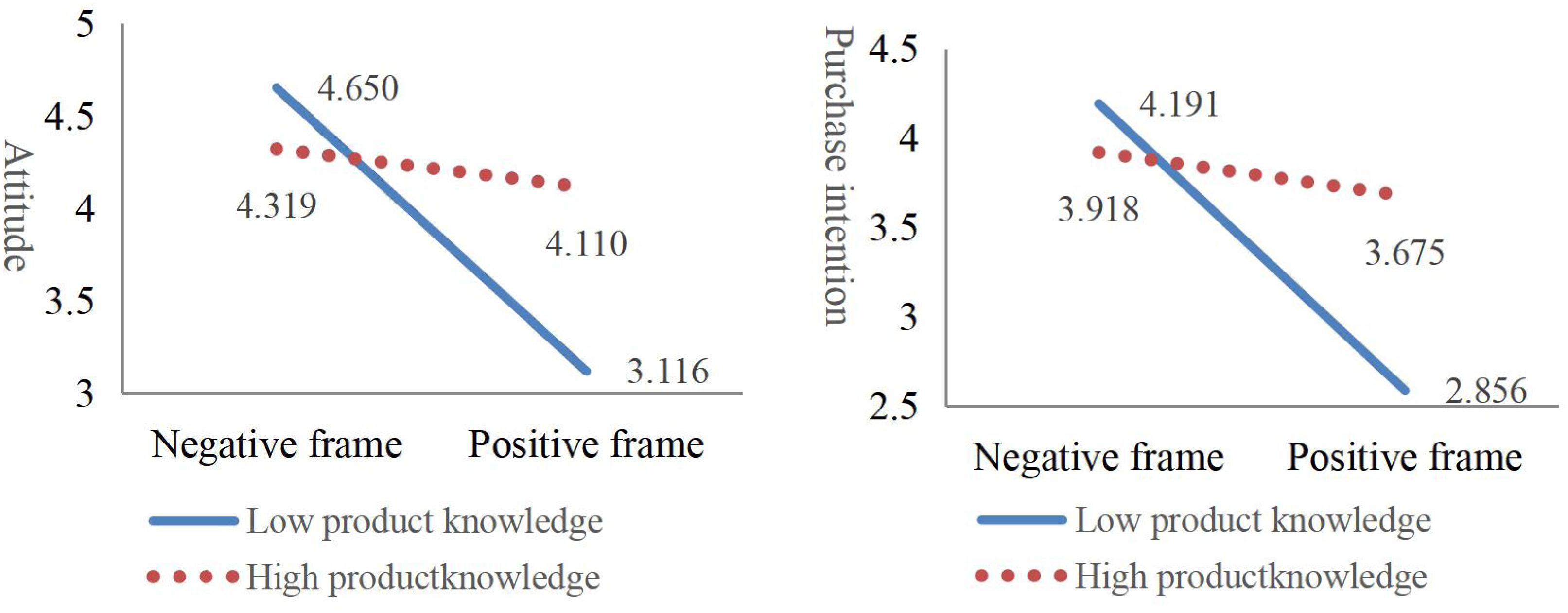
Frontiers Influence of the Framing Effect, Anchoring Effect, and

Framing effect - The Decision Lab
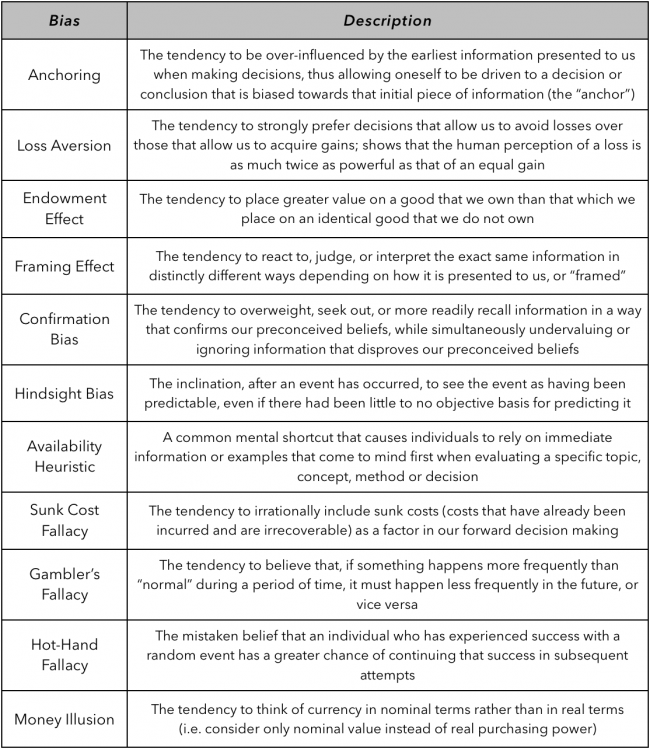
Cognitive Biases [ChartSchool]

Framing Effect: Influencing Decision Making in Product Design
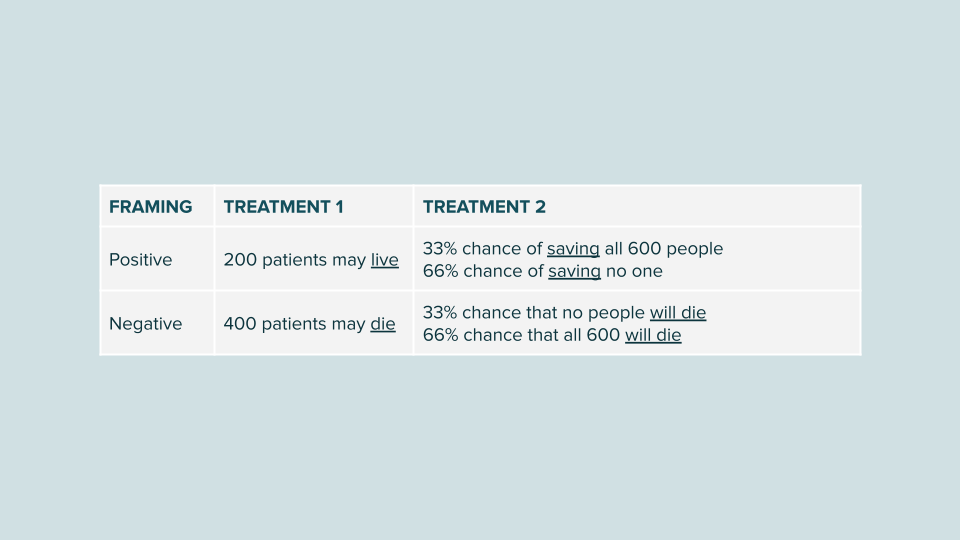
Framing effect: how the way information is framed impacts our






.jpg)
